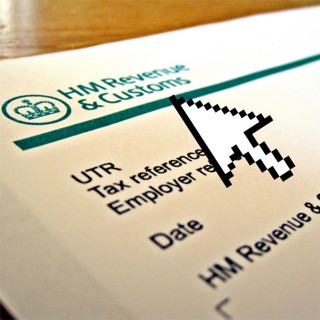Cap HPI has refuted claims that PCP customers are increasingly at risk from financial difficulties as a result of their car finance agreements lapsing into negative equity.
The car valuation specialist’s head of forecast UK, Andrew Mee, explained that PCP customers will not experience the kind of negative equity seen previously with other financial products because of the option of customers to simply hand their cars back – shifting the risk onto the dealer or finance provider.
Andrew said: "From the consumer's perspective, they are not really impacted in negative equity in the same way that they were years ago with other financial products, because if the market has moved so that the used value of the vehicle falls well below the guaranteed future value (GFV), they can just hand back the car and the risk passes on to the dealer or finance provider.
“In general, finance providers will set GFVs which price in an element of financial risk, to protect them against future losses."
In April the results of a review of the automotive finance sector by the Financial Conduct Authority (FCA) highlighted car retailers' commission as the key risk for customers using a PCP product.
It estimated that commission models which allow dealers and brokers to set their own interest rates to boost commission payments could be costing customers a combined £300 million more per year than if they had used a flat fee model.
Cap HPI insisted that its own forecasts for future vehicle values “tend to be slightly on the conservative side” in a statement issued this week as it attempted to address the issue of negative equity in a cliamte of generally low APR finance offers, meanwhile.
It said that it applied a historical average of -1.5% under-forecast on one-year old cars, for example.
“Today used car values are currently around an average of 5% higher than were predicted a year ago, and most finance providers will generally price below the Cap HPI forecast position by around -5% or -10%, so in effect, they have a reasonable 'cushion' against unfavourable market movements,” Cap HPI’s statement added.
The valuations expert conceded that sometimes there are occasions where low-cost offers are made to drive registration volumes “with full knowledge of the expected financial impact at the future contract end date” and traded off against the benefit of higher immediate vehicle sales.
But Mee insisted that, even in these cases, the consumer was not at risk. He said: "If a consumer is in a position where the car has come to the end of the contract and is worth considerably less in today's market than the GFV purchase price, they can simply hand the car back.
“Equally, they may decide that they like the car so much that they still want to purchase it and if they intend to run it until the end of its natural life, then today's used value is irrelevant.
"Only a small proportion of consumers actually decide to purchase the vehicle at the end of the contract, because the majority of drivers are approached in advance of the contract end and are offered a new PCP deal, often deciding to 'trade up' into a higher model within the same brand or in some cases to a more premium manufacturer."


















Login to comment
Comments
No comments have been made yet.